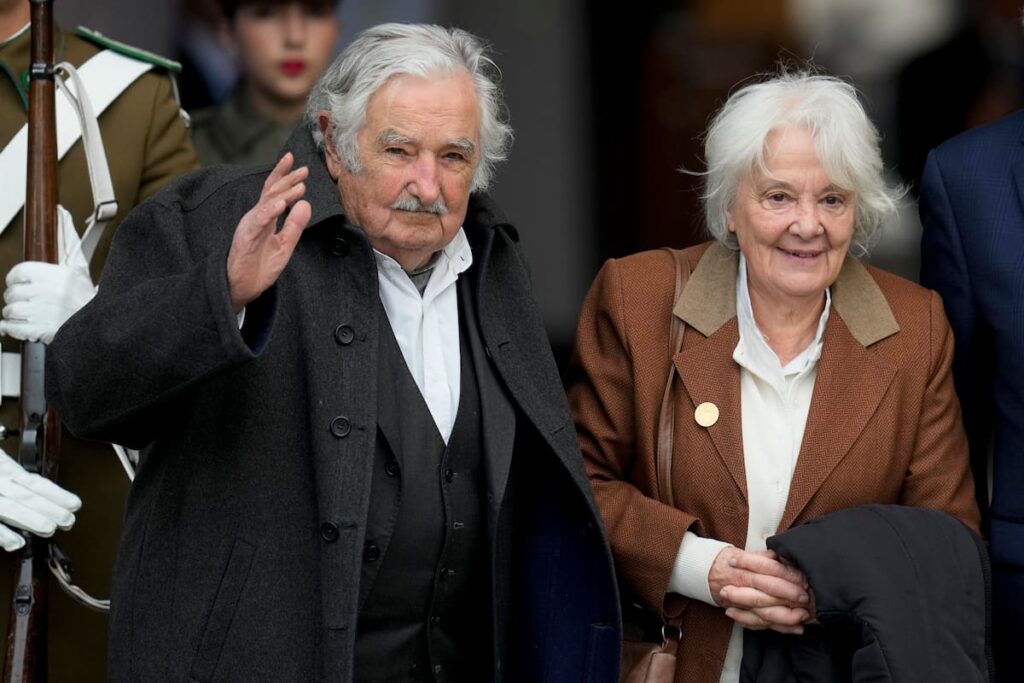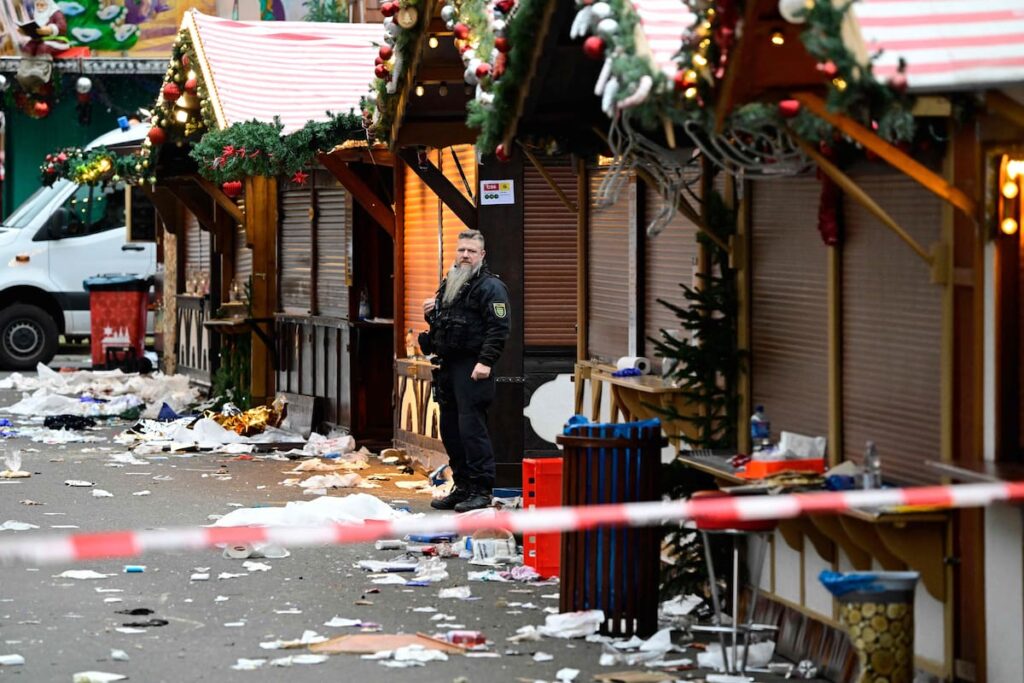The world is divided between those who still retain the ability to listen to others and those who have lost it. That is, between those who admit that, beyond their convictions, there are other perspectives that could enrich the understanding of things, and those who flatly discard any other perspective that is not their own. The latter, the owners of the truth, seem to be consolidating a disturbing majority. With an aggravating factor: when what contradicts their opinions is taken as a grievance that puts their own identity in check and spreads evil on Earth, those who do not listen become paranoid or fanatic. Sometimes both at the same time. This perhaps occurs because the process in which we stop listening to those who think differently is often linked to another more subtle one: we stop listening to ourselves to only hear the voice of a guru or an idealized leader, whose story calms our intimate fears. that we are not willing to face or channels resentment born in previous humiliations. He who listens to the other, who admits another point of view, opens himself to the complexity of the world and accepts moving into the territory of doubt. In this attitude of openness, he states that he is willing to learn through an art that seems on the verge of extinction: dialogue.
I started writing this column, week by week, more than ten years ago. I knew from the beginning that the only thing I could offer was my own perspective on the matter I was dealing with. This is an opinion text, in which subjectivity necessarily comes into play. Under the premise of being honest with myself and with the readers, I wrote and write with a single certainty: everything I say will always be partial and limited in a double sense: it responds to my perspective of things, on the one hand, and it will be far from exhaust the topic in question, on the other. I feel that the exercise is worthwhile when my ideas or perceptions open a debate and spark a conversation in the readers’ forum; when those who identify with them enter into a round-trip of mutual respect with those who question them. This, which enriches what one wrote, happens less and less. Although it continues to be a vehicle for sharp reflections, now the forum, more than a space for conversation, is the arena of violent disputes. Of course, this reflects what happens outside the Web, or vice versa? Anyway, the hot and harsh debate is worth it, and even more so if it is about politics. What is not worth it is canceling the other through disqualification, insult or unjustified presumption of their dishonesty or bad faith..
“The networks have encapsulated us in bubbles that isolate us from the whole, today disintegrated into many “ideological tribes” that only feed on their dogmas and reject doubt”
We live in times when no one listens to anyone. That’s the feeling. As if the questions had run out: everyone has the answers on the tip of their tongue and shouts them at the top of their lungs, as if to impose themselves in the midst of the noise and general confusion. Each one wields the weapon of his certainty. But the truth is that we live in the midst of a technological transformation that is changing everything, from the very consistency of reality to the concept of humanity, and there is very little we can understand about this radical transformation that we assimilate in fits and starts. that impacts all levels, from politics to private and intimate life, both locally and globally.
While it changes us, the technological revolution deprives us of the means to deal with it in order to enhance the beneficial aspects and channel the negative ones. In the midst of the rise of communication like never before, the world is a Babel where languages have multiplied and no one understands each other, a consequence of what we could call “algorithmic fragmentation.” The networks have encapsulated us in bubbles that isolate us from the wholetoday disintegrated into many “ideological tribes” that, in their endogamy, only feed on their own dogmas and reject doubt, as well as all otherness. This is verified here, there and everywhere: in online forums, in Congress and even in large international organizations, today incapable of responding to pressing common problems, such as wars. To tell the truth, the decline of dialogue calls into question the very notion of common space.
not understand. This is the title that the posthumous autobiography of Beatriz Sarlo. “It is an autobiography focused on the fact of not understanding, which is my constitutive experience,” said the essayist in 2022. One could say that I have only been interested in what I do not understand, which could also say that I have not fully understood anything.” Quite a statement, from someone who had strong opinions throughout his life. In her last lesson before leaving, on Tuesday, the great Argentine intellectual does not pontificate with a thought or a concept, but rather offers the testimony of an attitude: that of searching, always. Against all fanaticism, humility is needed to accept that the ultimate truth of things is always ahead of us.. And that, furthermore, changes according to perspective. All that remains is to dialogue between us, as long as there is good faith, to try to define its elusive contours and preserve coexistence.

 Workout
Workout
 Meditation
Meditation




 Contact Us
Contact Us










